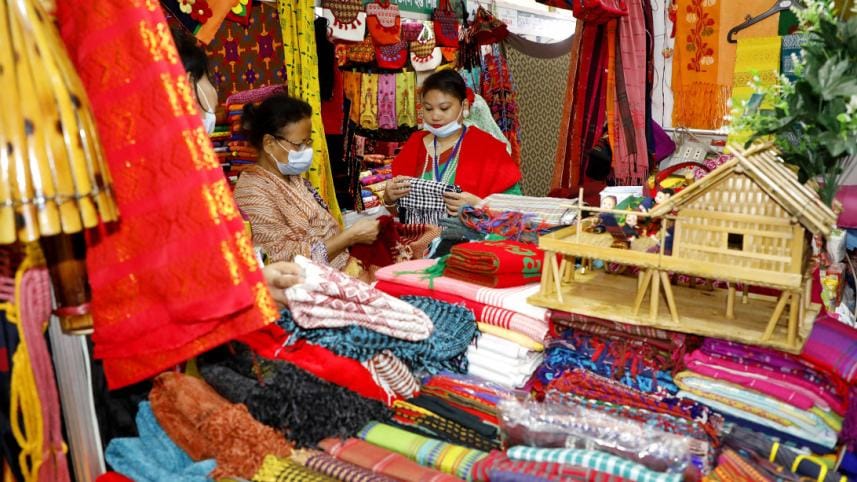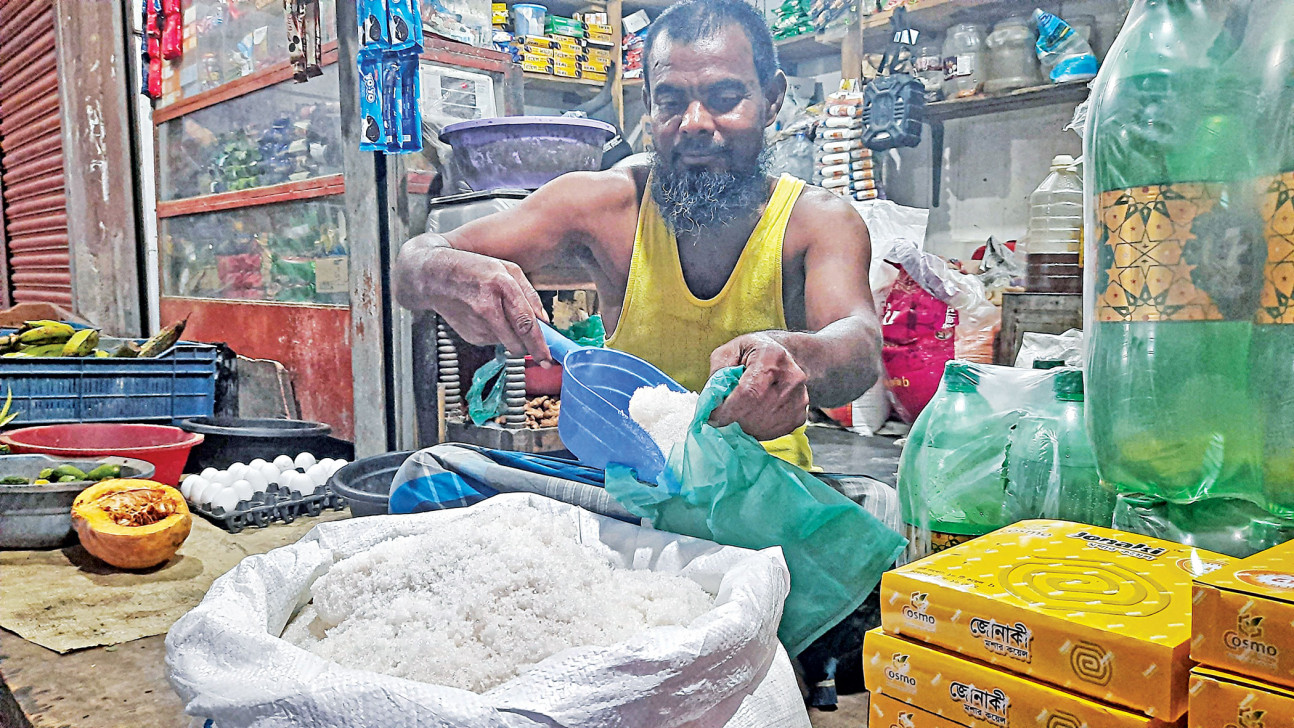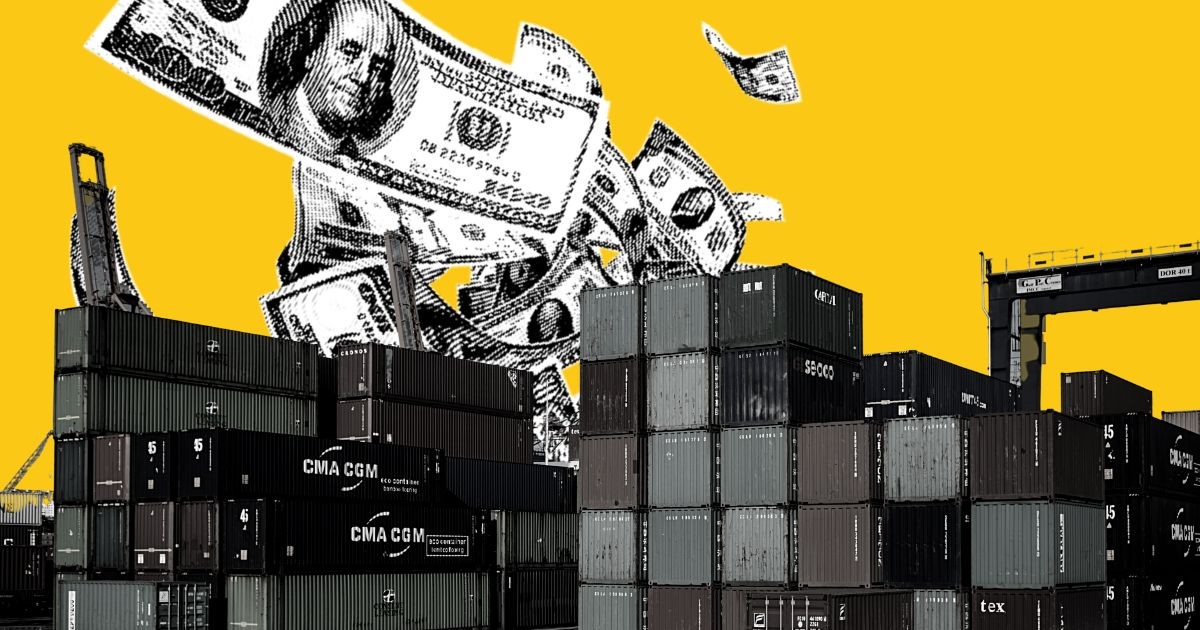Time to exploit the potential of local partners and products

A successful political regime is expected to maintain formal and informal arrangements through which the government, private actors and non-government organisations (NGOs) cooperate to formulate and carry out key policy decisions. In a pluralistic society, power is not supposed to be concentrated on a single development actor, but should be spread between these three major actors so that a developmental balance is maintained and each can judge the performance of the others.
All three development actors have their respective circle of influence and are capable of reaching out to the household level through a variety of goods and services. While the Bangladesh government provides electricity, education and basic health directly to the people, NGOs provide micro-credit, income-generating activities and social awareness, and the private sector supplies consumer goods and services. Often the work of these development actors overlaps—e.g. the government funds micro-credit programmes and builds houses for the poor families, and NGOs are involved in education and health services, and have been running banks and industries. The private sector is also involved in social welfare activities and education sector. In fact, thousands of schools and most of the universities and medical colleges in Bangladesh are in the private sector. While this is the situation, strong cross-sectoral collaboration is warranted. The government, as the lead player, should give the impression that it considers the strength of each of the development players, but it seems people are in doubt about the government's position in this regard.
Though Bangladesh made notable progress in enhancing its productive capacity and maintained persistent high economic growth rates in the past decades, the growth rate in the current fiscal year has been projected to be below six percent. Over the last two years, high inflation rates have affected the quality of life of the middle class and lower income groups. Economic inequality has risen in the country over the last two decades. The country built up high foreign exchange reserves as a result of positive balance of payment for several years. The forex reserves averaged $24.91 billion between 2008 and 2024, reaching as high as $48 billion in August 2021. But the situation has deteriorated in recent years and forex reserves slipped to $18.61 billion on May 21, 2024, because of higher import payments caused by the rise in prices in the international market, slow growth of foreign remittance and the taka's depreciation against international currencies. Economists made various recommendations to increase the country's foreign currency reserves: diversify export items; increase competitiveness of Bangladeshi products in the international market; use modern technology; encourage flow of foreign remittance through the official channel; and limit foreign borrowing.
Under the circumstances, it is important to encourage all development players to invest money and energy to maximise their contributions towards the GDP growth. They should all increase investment, build human and physical capitals, use better technology, and boost employment of labour to increase production and create income that would enhance consumer spending. We have a wrong notion that only the big private sector investors invest; in fact, millions of poor households, mainly NGO members, invest a significant amount of money in agriculture, fisheries, livestock, poultry and cottage industries. Therefore, there is a need to highlight the importance of the work of all development players in boosting production to move the country towards a high growth path again.
Controlling imports of non-essential items in order to build forex reserves is a difficult task because the high-income and the upper-middle-class families have a tendency to depend on imported consumer items. In FY2022-23, the total import was $93.77 billion while total export was $57.31 billion, which created a negative trade balance of $36.46 billion. In FY2022-23, the government increased the duty and taxes on 300 non-essential (luxury) items like SUVs, high-end mobile phones and home appliances, and still the import of these items has been rising. When in a crisis situation, people should limit their consumption for foreign goods and help save foreign currency as much as possible. We as a nation should move away from our over-reliance on foreign goods. As a UN official working in other countries, I have seen that most of my international colleagues preferred to use products of their own countries, and they often went an extra mile to get those. This shows their nationalistic attitude, which should be emulated.
Bangladesh now produces quality consumer products that we should cultivate a taste for and help the country save precious foreign currencies, which should be used only for the import of industrial raw materials, production plants, petroleum, life-saving drugs and essential consumer items. The country is incapable of living on the margins of vulnerability with a foreign currency reserve of about $18.61 billion for a long time. For a population of around 17 crore, it translates to about $109 per person, which came down from $270 in 2021. India had a foreign currency reserve of $648 billion on April 12, 2024, which means it had a reserve of $450 per person. If Bangladesh exploits the productive capacity of all development players, and people switch from a tendency of buying foreign goods to buying local products, the country can secure high forex reserves again.
Dr Nawshad Ahmed, an former UN official, is an economist and urban planner.
Views expressed in this article are the authors' own.
Follow The Daily Star Opinion on Facebook for the latest opinions, commentaries and analyses by experts and professionals. To contribute your article or letter to The Daily Star Opinion, see our guidelines for submission.




 For all latest news, follow The Daily Star's Google News channel.
For all latest news, follow The Daily Star's Google News channel. 

Comments